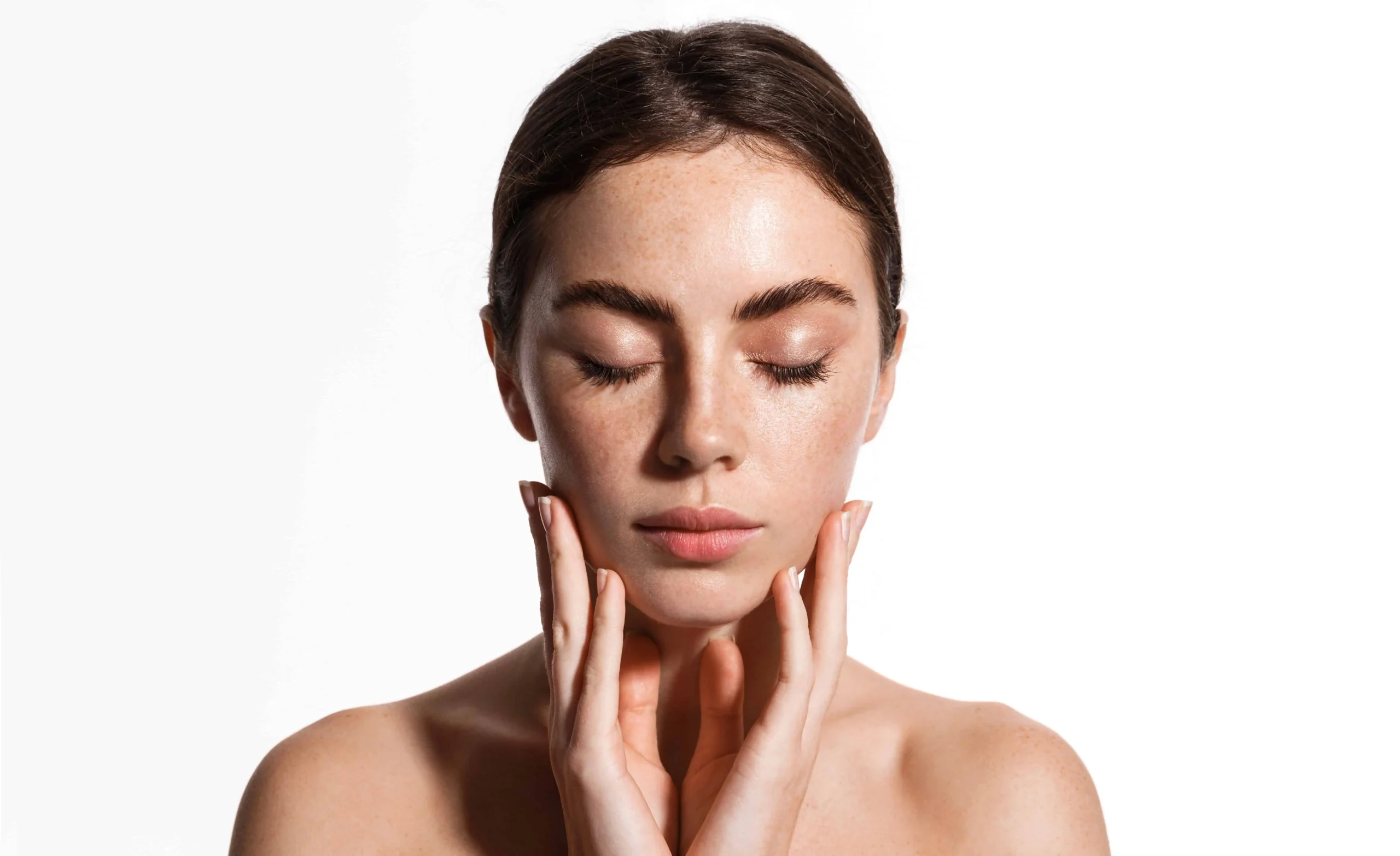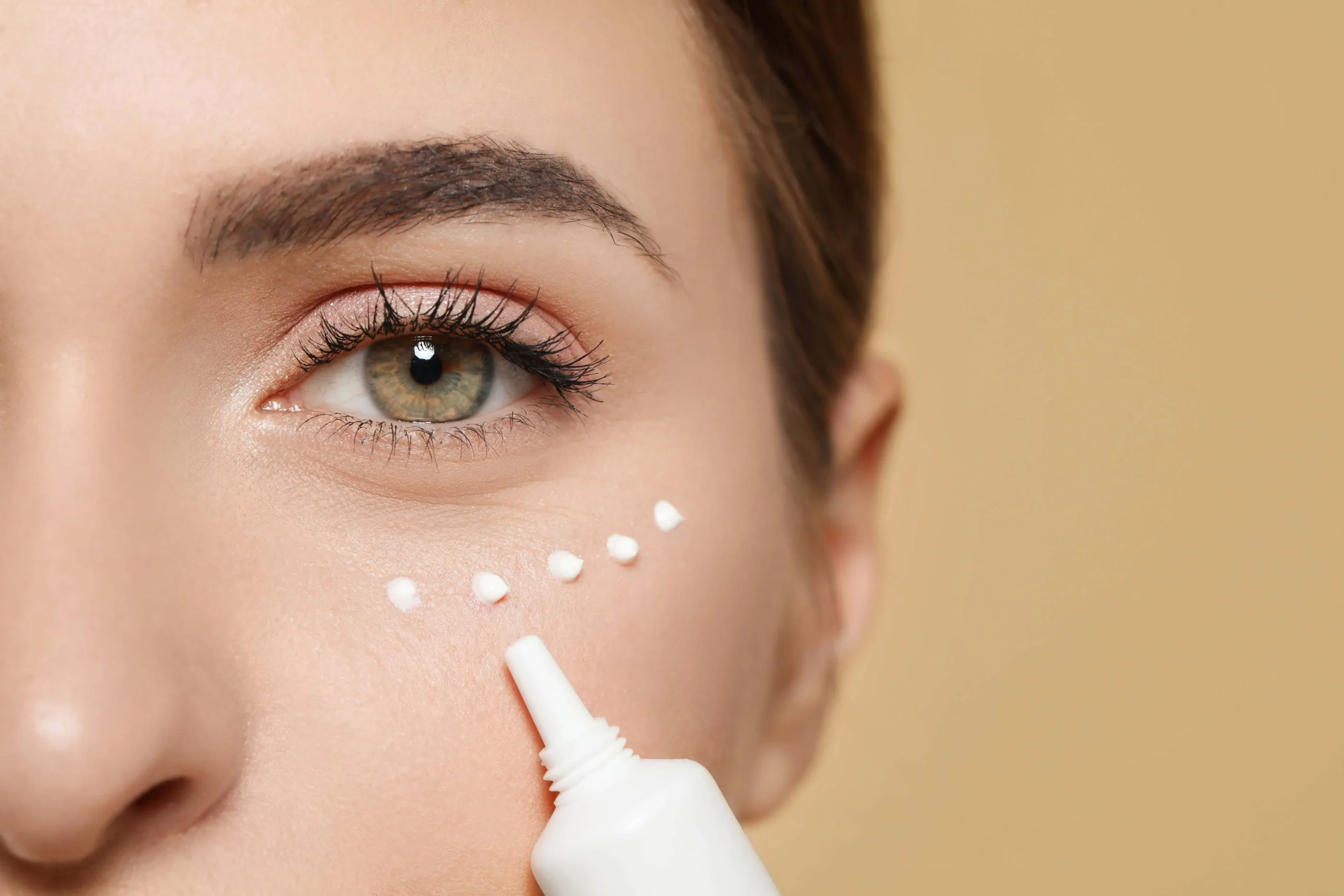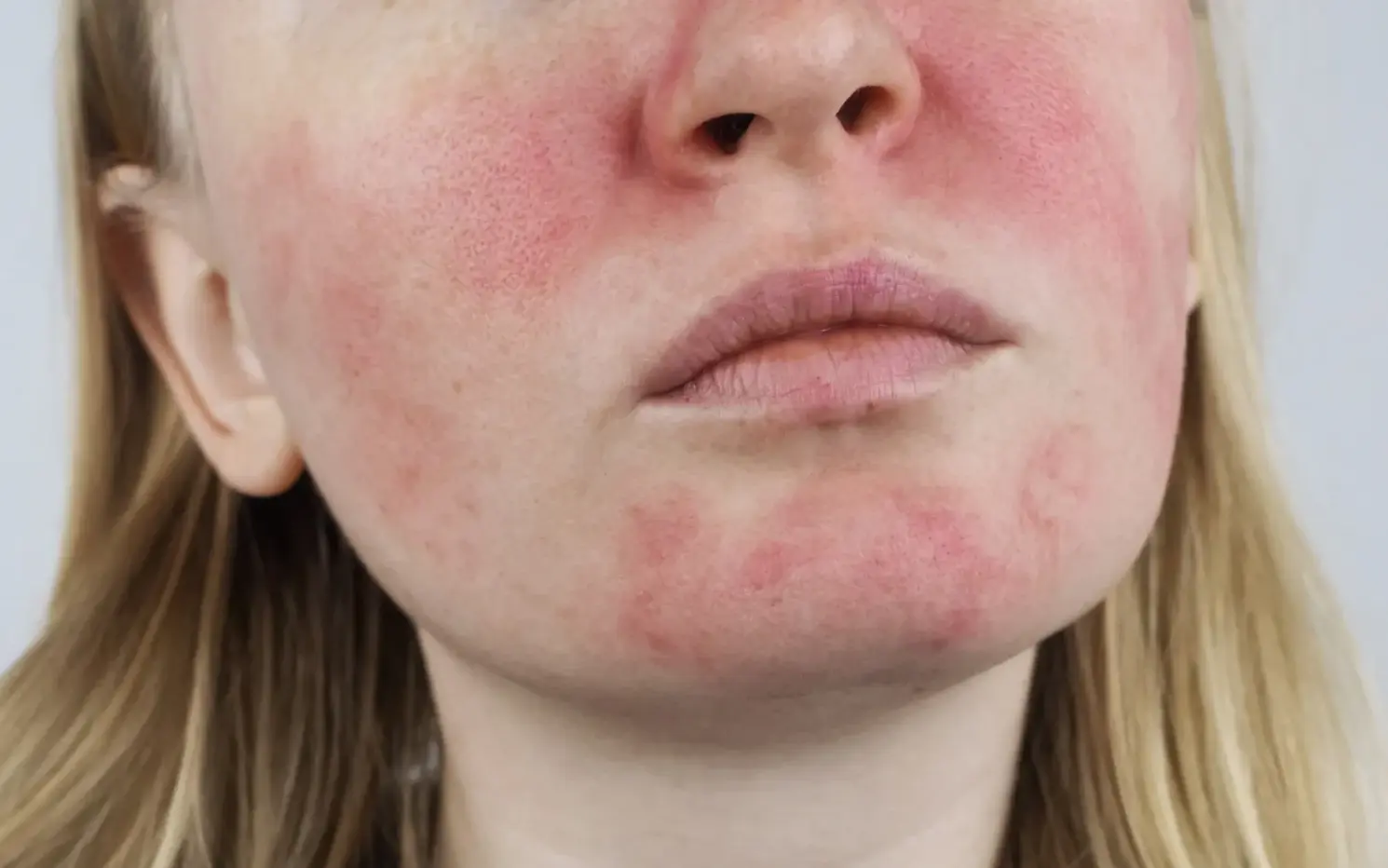When we refer to skincare, does “gluten-free” really matter?
When skincare products are referred to as gluten-free, it means the product is not composed of any gluten or gluten byproducts. Gluten is a protein found in wheat, barley, rye, and other grains. Sometimes, it may be hard to tell from the label if products contain gluten because some ingredients such as vitamin E may be derived from wheat germ. People with gluten intolerance or the autoimmune disorder celiac disease may wonder if gluten-free skincare products are necessary for them. There is no hard evidence that gluten can be absorbed through your skin, but it is still best to avoid products that go on or around your mouth because ingesting the product could potentially cause problems. The molecules in gluten are too large to be absorbed through the skin, therefore, posing a very little risk for those with celiac disease or gluten intolerance. Those with celiac disease SHOULD be careful with products such as mouthwash or toothpaste as those directly come into contact with your mucus membranes and can be risky. It is also important to wash your hands after applying any makeup or skincare products that have gluten.
Although gluten-free products may not make a difference for your skin, gluten intolerance, in general, can affect your skin. Dermatitis herpetiformis, commonly known as DH or Duhring’s disease, is a skin condition caused by gluten ingestion. This skin condition causes extremely itchy bumps most often found near the elbows, knees, back, and along the hairline.
Is there an association between gluten intolerance and other skin conditions?
There is no clinical evidence showing that gluten affects or causes acne flare-ups. Although, a gluten allergy can lead to systemic inflammation which can affect the skin and potentially cause acne. People often think keratosis pilaris (chicken skin) has an association with gluten intolerance, but no studies have directly linked the two. It is important to note though that with malabsorption from gluten sensitivity, you can easily develop nutritional deficiencies which can lead to KP formation.
In conclusion, for those with gluten sensitivity or intolerance, buying gluten-free skincare products are not necessary, except for those going in or around your mouth. Gluten ingestion and nutritional deficiencies can cause other skin-related issues but the products themselves do not typically cause the problems.





